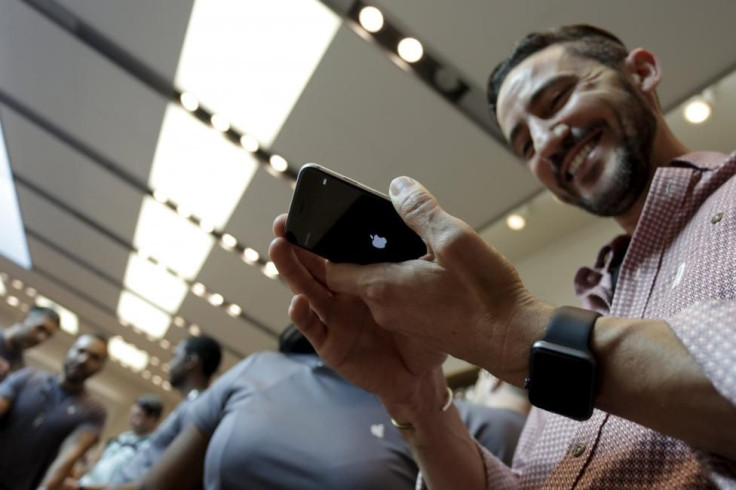Apple iOS earns more than Android but battle with Google drives mobile security further down the gutter

Apple and Google have been at war for the longest time with both companies vying for mobile supremacy. Apple continues to dominate earnings through iOS while Google's Android runs on more mobile devices imaginable. However, as both companies move to conquer the other, analysts believe that both tech giants are driving security down the gutter. Has security been sacrificed over bigger market share?
App developers looking to cash in on their programs may have to focus more on iOS than Android as recent figures suggest the former still earns more. App Annie, an intelligence firm, reviewed recently the global apps economy. According to the review, App Store is earning around 80 percent more than Google Play. That is despite Google Play's higher download rate at 90 percent.
According to the people behind the report, one of the primary reasons App Store and Google Play earn differently is because of emerging markets in South Asia, not to mention the growing dominance of Apple in China. Google has to rethink smartphone penetration and usage to catch up. However, market penetration is not only factor that Google may need to focus on. Recent analyses also show that Android security is also suffering.
Whereas technology has changed greatly since the first personal computer, analysts argue that the industry is no closer to patching the security holes that persist. As more people connect to the Internet through their mobile devices, more security vulnerabilities have been discovered -- Apple and Google are sitting right at the heart of it. Information from IT Security Database of Android vulnerabilities suggest that the industry still does not have a fine grasp of the extent of the security problem.
This is further supported by the researchers at Cambridge University’s Computer Laboratory. According to their study, around 87 percent of Android devices are at risk. The report highlights the lack of timely updates and difference in capacities of manufacturers in securing devices as primary reasons for the existing vulnerability.
The Guardian's John Naughton paints a clearer picture of the concern: “What’s happening, in other words, is that even the smartphone – which, however you look at it, is a fantastically intricate device – is being commoditised, reduced to a low-margin product that is stamped out by the billion. This is the iron law of electronics manufacturing: there’s no money in hardware."
The extent of vulnerabilities on the iPhone has yet to be examined fully like Android's recent report although the product line and iOS have also been bugged by security problems for years.
Contact the writer at feedback@ibtimes.com.au, or let us know what you think below.





















